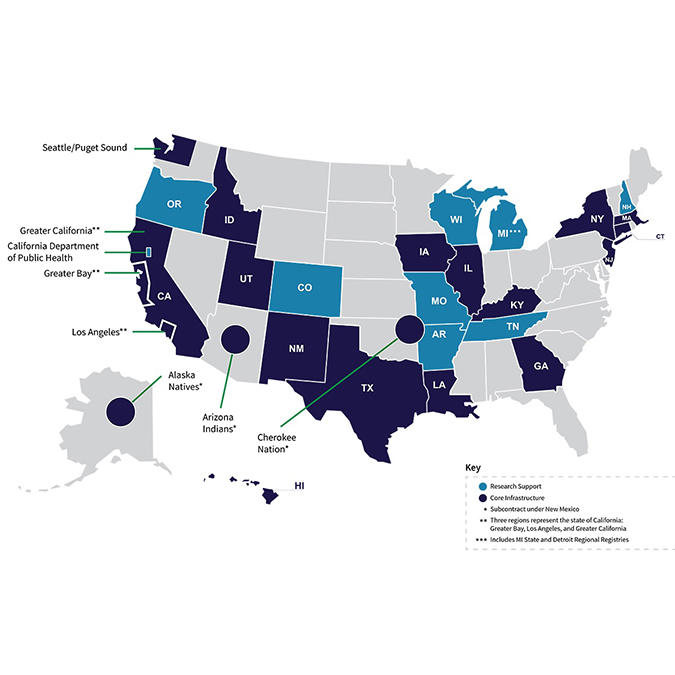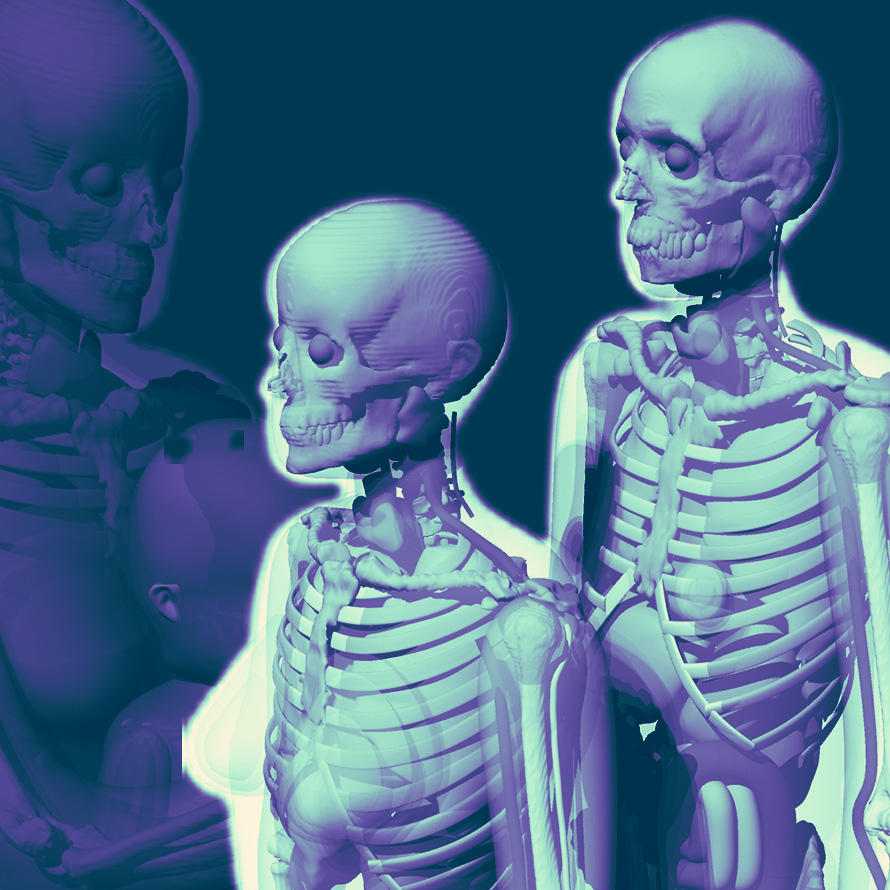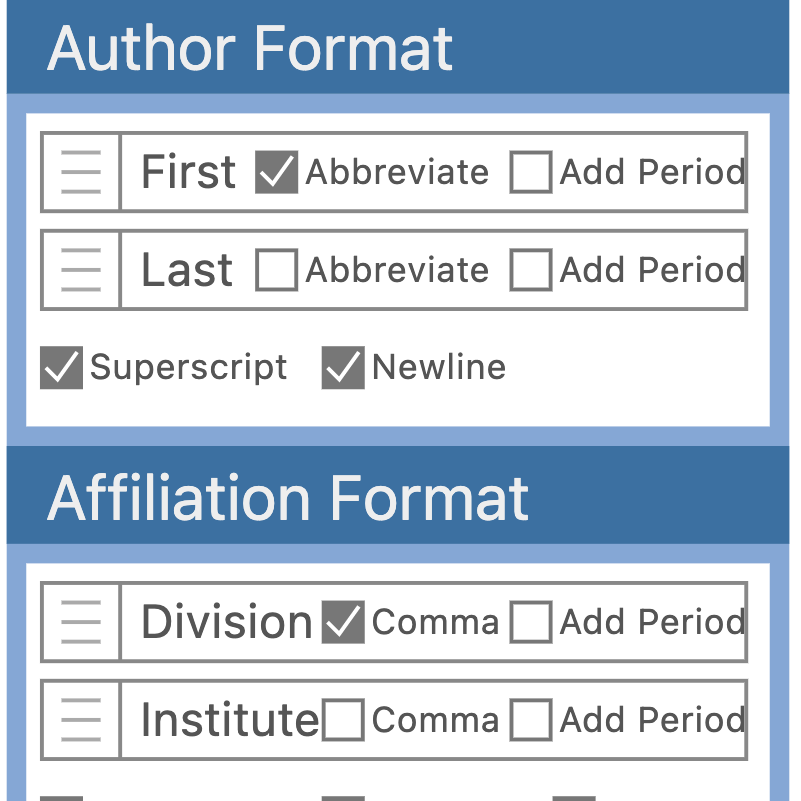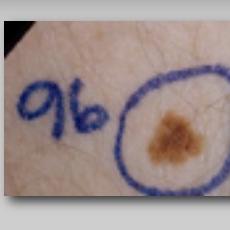Tools & Resources
DCEG makes available to the scientific community an extensive collection of tools for study design and planning, analysis, and risk assessment, as well as links to a variety of descriptive epidemiology resources and publicly available data.
Browse Tools and Resources
-
 Absolute Risk Modeling
Absolute Risk ModelingExplanation of absolute risk modeling and how it was used to develop the NCI Risk Assessment tools (breast, colorectal and melanoma)
-
 Exposure Assessment Tools
Exposure Assessment ToolsExposure assessment tools and methods developed by DCEG experts to measure exposures for diet and activity, occupation and environment, radiation, and more.
-
 Descriptive Epidemiology Tools & Resources
Descriptive Epidemiology Tools & ResourcesOverview of descriptive epidemiology resources
-
 Inventory of Publicly Available Data Generated by DCEG
Inventory of Publicly Available Data Generated by DCEGBrowse the data resources and learn how to access them
-
 NCIDose: Radiation Dosimetry Tools
NCIDose: Radiation Dosimetry ToolsA collection of medical radiation dosimetry tools developed by radiation physicists in the Radiation Epidemiology Branch.
-
 Search DCEG Publications
Search DCEG PublicationsSearch a complete library of our published research, including papers in journals not indexed in PubMed and books.
Check out these tools developed by DCEG researchers
-
 AuthorArranger: Free Tool to Quickly Format Manuscript Title Pages
AuthorArranger: Free Tool to Quickly Format Manuscript Title PagesA free web tool to help authors generate correctly formatted title pages for journal submission in a fraction of the time.
-
 Moles to Melanoma Tool
Moles to Melanoma ToolA collection of photographs showing common moles, dysplastic nevi, and melanoma.
-
 Calculator of Colorectal Cancer Survival Probability
Calculator of Colorectal Cancer Survival ProbabilityModel suggests shorter wait times for some patients and longer wait times for others